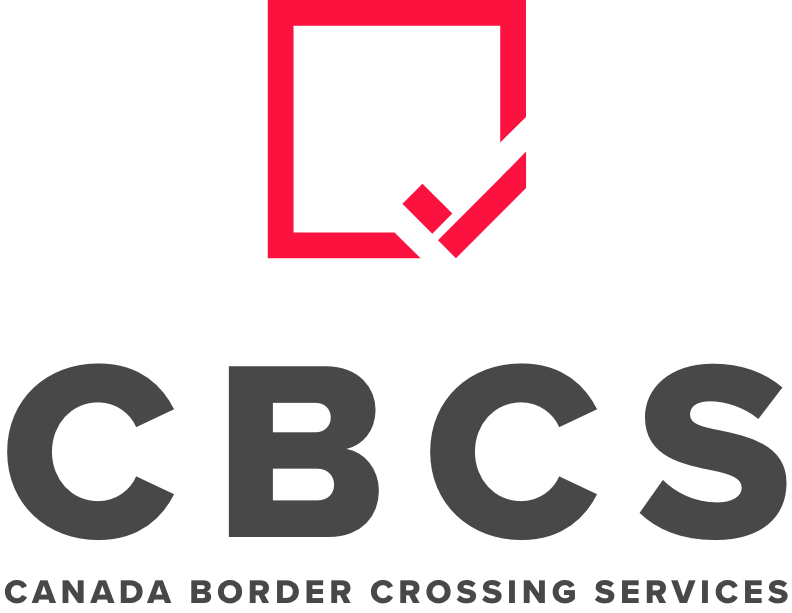When entering Canada, be prepared to be asked by a Canada Border Services Agency (CBSA) officer:
“Have you ever been arrested, fingerprinted or appeared in court.”
This includes DUI convictions also known as DWI (driving while intoxicated).
Driving while under the influence of alcohol is a serious offence in Canada and the officer can refuse you entry into Canada if you have been convicted of DWI. The good news is that this can be fixed via one of two methods depending on the length of time passed since the conviction.
Option 1)
For DWI and convictions less than 5 years old:
An application for a Temporary Resident Permit (TRP) will allow travel into Canada for business and/or pleasure.
Option 2)
For DWI and Convictions over 5 years old:
A Rehabilitation permit may be applied for allowing permanent hassle free travel into Canada. To find out what solution will work for you please fill in the short form to the right or if you prefer the long form, click Canada/US border crossing.
Can I Lie At The Border?
Regardless of the nature of any conviction whether is be a DWI, misdemeanor or felony, all alcohol related convictions are treated seriously. It is always best to tell the truth when speaking with a Canada Border Services Agency (CBSA) officer because if a lie is uncovered you may be refused entry into Canada in the future.
Not Driving To Canada?
Despite the port of entry or method of transportation used to cross into Canada, you can be denied entry for a DWI. Some examples include:
- You arrive by air at a Canadian airport
- You are not driving and only a passenger in a private or commercial vehicle
- Leaving a ship docked at a Canadian Harbour
Canada Border Crossing Services can help you successfully file the correct information to be granted either a Temporary Resident Permit or an application for Rehabilitation. Please fill in the short form to the right or if you prefer to enter all your details, fill in the detailed form, click Canada/US border crossing.


